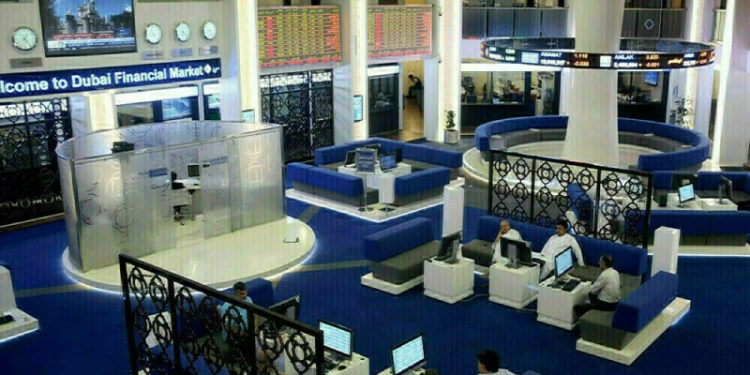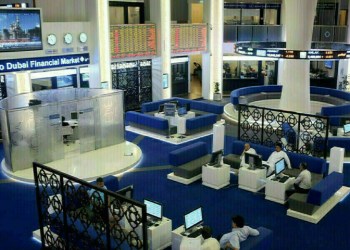South Korea’s economic growth fell back to 2.6 percent in 2015, following a slow fourth quarter and the sharpest annual decline in exports since the global financial crisis.
Estimates published by the central Bank of Korea (BOK) on Tuesday saw annual growth come in under the forecast 2.7 percent for the slowest gain since 2012 and down from the previous year’s figure of 3.3 percent.
The BOK has already revised its growth estimate for 2016 down to 3.0 percent, but analysts say even that might be ambitious given the uncertainties surrounding the global economic recovery and the slowdown in China.
For a country whose exports account for roughly half of its economic output, 2015 was a difficult year with overseas shipments declining for 12 months in a row.
A host of factors contributed to the export downturn, including the rise of the South Korean won against Japan?s yen, while its biggest trading partner China embarked on a series of currency devaluations.
Low global oil prices were also a major factor, hitting petroleum products that are a crucial export for Asia’s fourth largest economy.
According to Tuesday’s estimates, GDP growth in the fourth quarter of last year was half that of the previous three months as a surge in property transactions fizzled out.
The third quarter growth of 1.3 percent had been the biggest jump in more than five years as consumers ventured back into shopping malls as the threat posed by a serious outbreak of Middle East Respiratory Syndrome (MERS) receded.
Thirty-six people died in the outbreak, during which local businesses reported a sharp drop in sales as people shunned public venues with large crowds.
“Whether the Korean economy can post 3.0 percent growth in 2016 depends on government efforts to stimulate domestic demand and an improvement in the external picture,” Lee Sang Jae, a Seoul-based economist for Eugene Investment & Securities Co., told Bloomberg News.


























